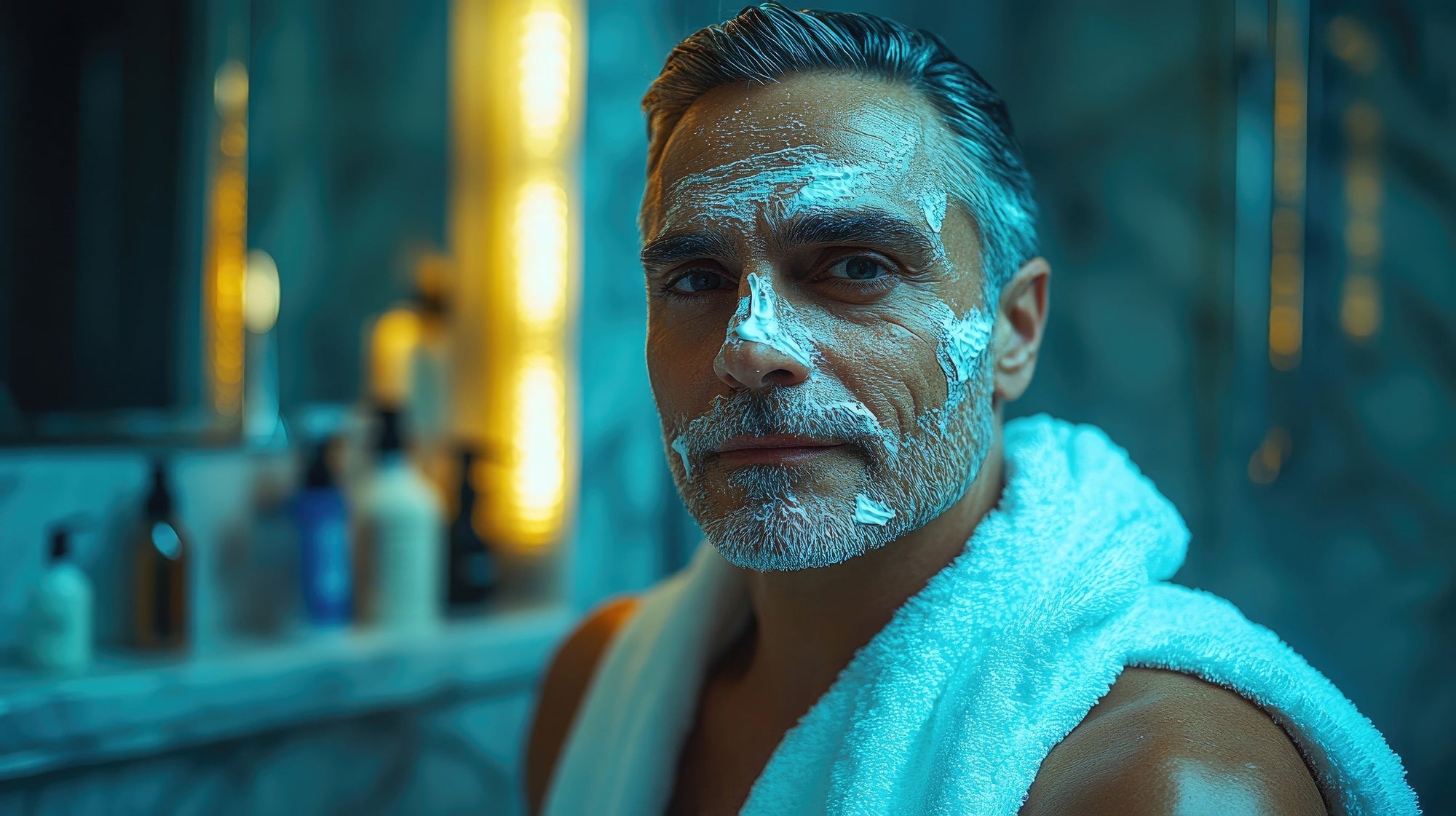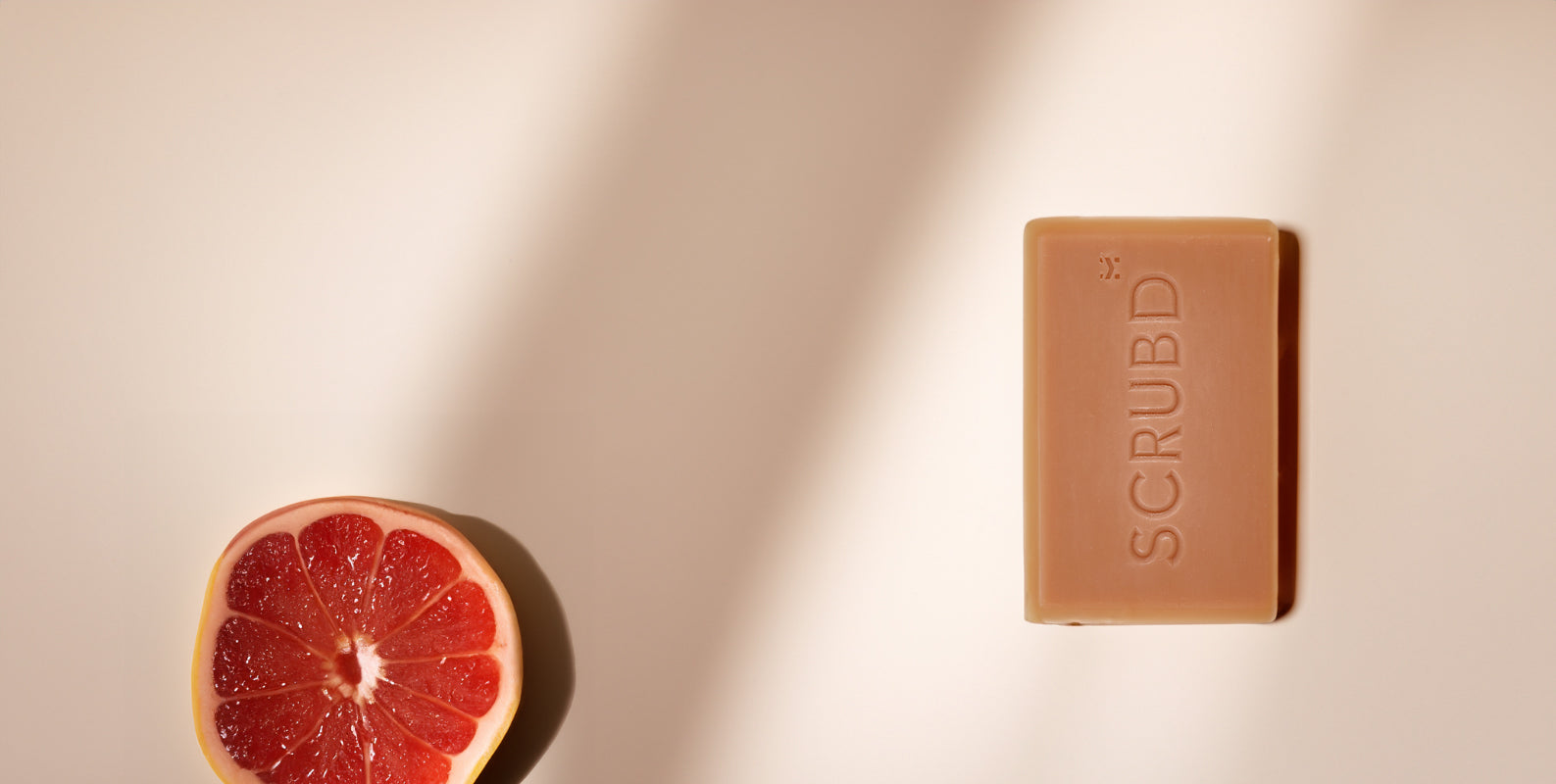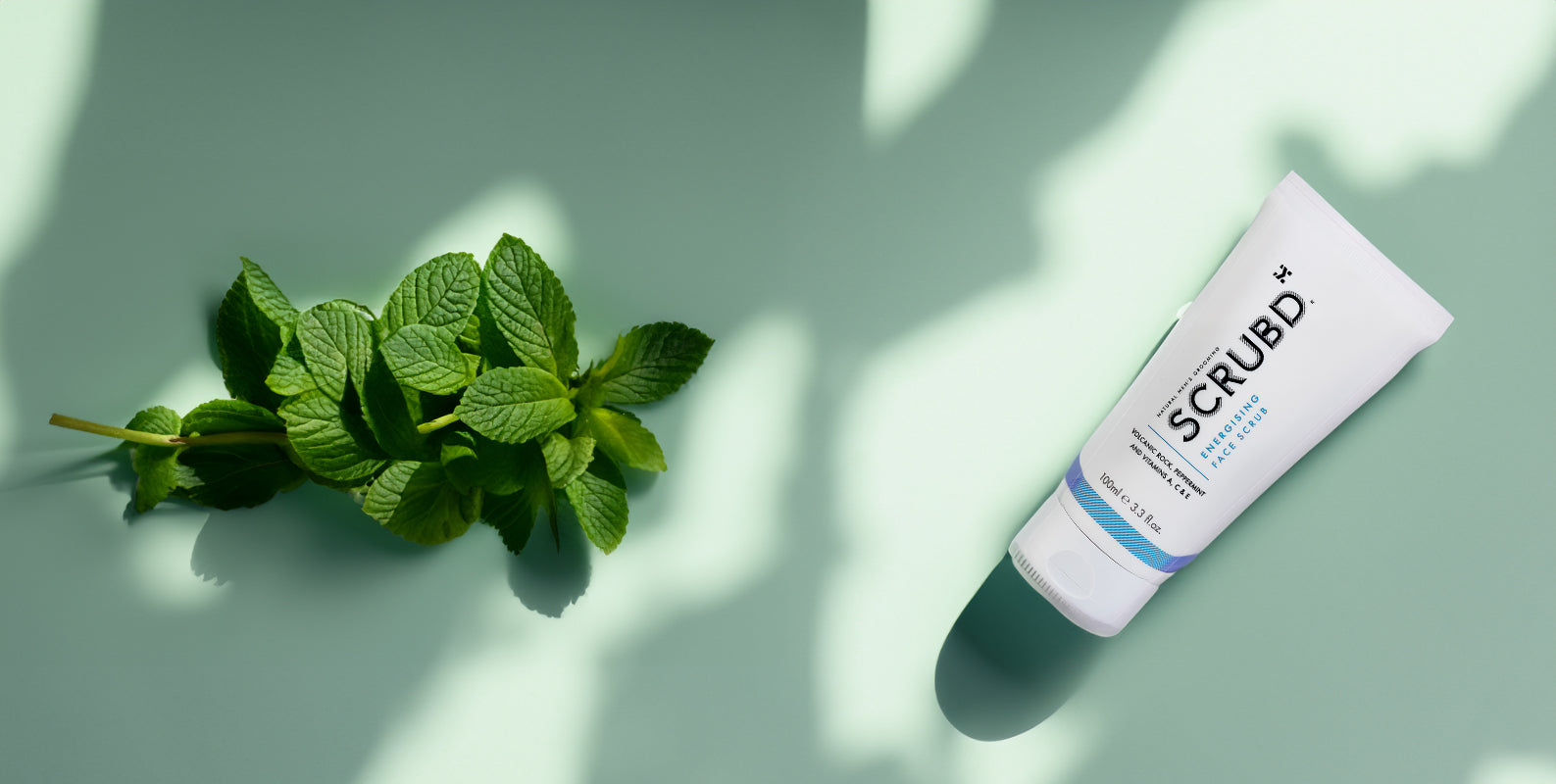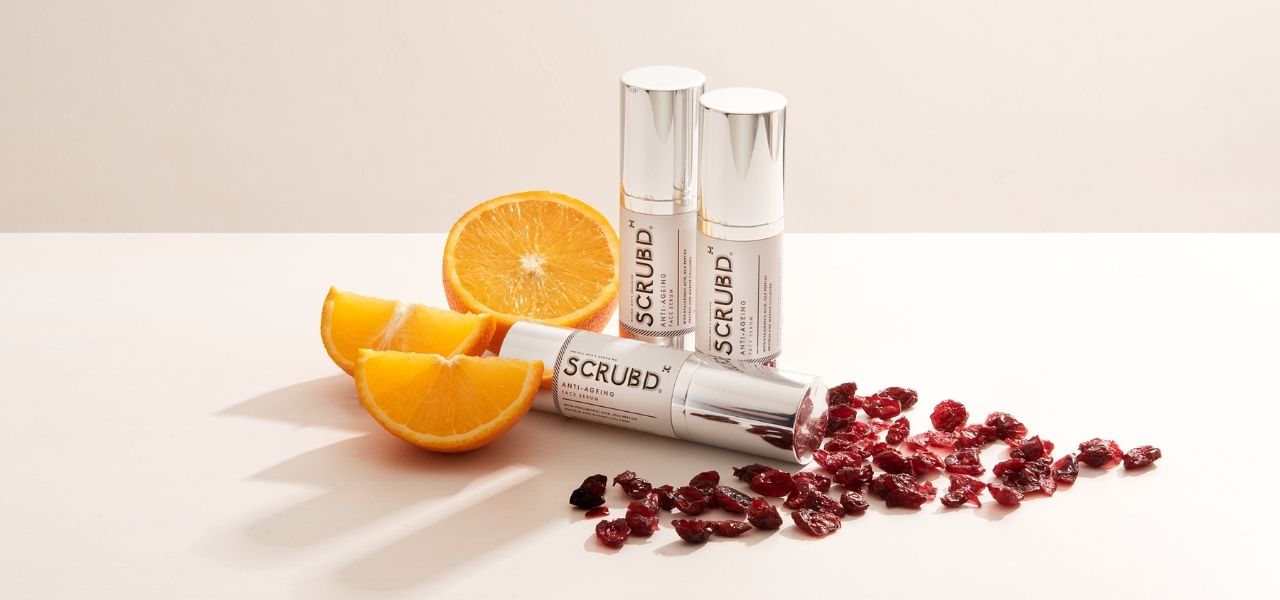The world of skincare is vast and diverse, featuring a plethora of products designed to cater to every skin type and concern. However, it's not just about individual skin types; understanding the fundamental differences between men's and women's skin can significantly influence our skincare routines, especially during the summer season.
Does sex make a difference in our skin?
The answer is YES.
-
Do men have thicker skin?
Men's skin tends to be thicker, oilier, and has larger pores due to higher levels of testosterone, which accounts for why men’s skin is around 25% thicker than a woman. This makes them more prone to acne and excessive sebum production, especially during hot summer months when sweat and oil glands are more active.
On the other hand, women's skin is generally thinner and more sensitive. They are more susceptible to sun damage and hyperpigmentation, necessitating the use of sunscreens and products with SPF protection. Women also tend to experience more fluctuations in their skin condition due to hormonal changes, which can be exacerbated by the heat and humidity of summer.
-
Collagen, what is it and how does it differ?
Collagen is a vital protein that is plentiful in our bodies. It's found in various parts, including muscles, skin, bones, and tendons, serving as a binding agent that provides structure and strength.
Men have more collagen density than women do, regardless of age. It has been discovered that a woman's skin is roughly fifteen years older than that of a male at the same age since collagen content is closely associated to the indications of skin ageing.
-
Oil (Sebum)
Oil production, or sebum secretion, plays a significant role in the differences between men's and women's skin. The sebaceous glands, responsible for producing oil, are more active in men, leading to a higher production of sebum. This increased activity is primarily due to the higher levels of testosterone in men compared to women.
Sebum has several functions. It helps keep the skin moisturised, protects against environmental aggressors, and maintains the skin's overall health. However, excessive sebum can make the skin appear shinier and sometimes greasier, a common issue for many men.

Tailoring the skincare routine
Understanding these differences can help both men and women tailor their skincare routines for the summer. For men, a deep-cleansing face wash that can effectively remove excess sebum without stripping the skin of its natural oils is critical. A lightweight, oil-free moisturiser can maintain hydration levels without adding greasiness.
Women, meanwhile, may benefit from a gentle, hydrating cleanser followed by a toner to balance the skin's pH levels. A moisturiser with SPF can provide necessary hydration while also protecting against harmful UV rays. Products with ingredients like niacinamide or vitamin C can help combat hyperpigmentation.
Are There Any Differences in the Manufacturing Process?
In the skincare industry, catering for both men and women, there has been a significant evolution in recent years. A strong demand for transparency within the manufacturing process has emerged.
The core processes are largely similar. However, the key difference lies in the formulation of the products themselves. With men's skin being thicker and oilier, their products contain higher concentrations of certain active ingredients and are formulated to tackle issues like excess oil production and ingrowing hairs from shaving.
Women’s skincare products typically contain lighter ingredients and are designed for maintaining moisture and addressing issues such as ageing.
These differences in formulation are reflected during the manufacturing process, where different ingredients are used and mixed in various proportions to create products tailored to the specific skin needs of men and women.
The importance of storing skincare
A lesser known yet crucial aspect of skincare is the way products are packaged and stored. Exposure to air and light can degrade many active ingredients in skincare products, reducing their effectiveness. That's why it's essential never to cut open skincare packaging when it runs out; not only does this expose the remaining product to air and light, but it also introduces bacteria, further compromising the product's integrity.
Moreover, the summer heat can affect certain skincare products, especially those containing delicate ingredients like retinol or vitamin C. These products should ideally be stored in a cool, dark place, away from direct sunlight. Some skincare enthusiasts even recommend storing certain products in the refrigerator during the summer months to maintain their potency.
Whether you're a man or a woman, understanding your skin's unique needs and how they change with the seasons is key to maintaining healthy, glowing skin. While the battle of the elements may be ongoing, armed with the right knowledge and products, you can ensure your skin emerges victorious every time.








